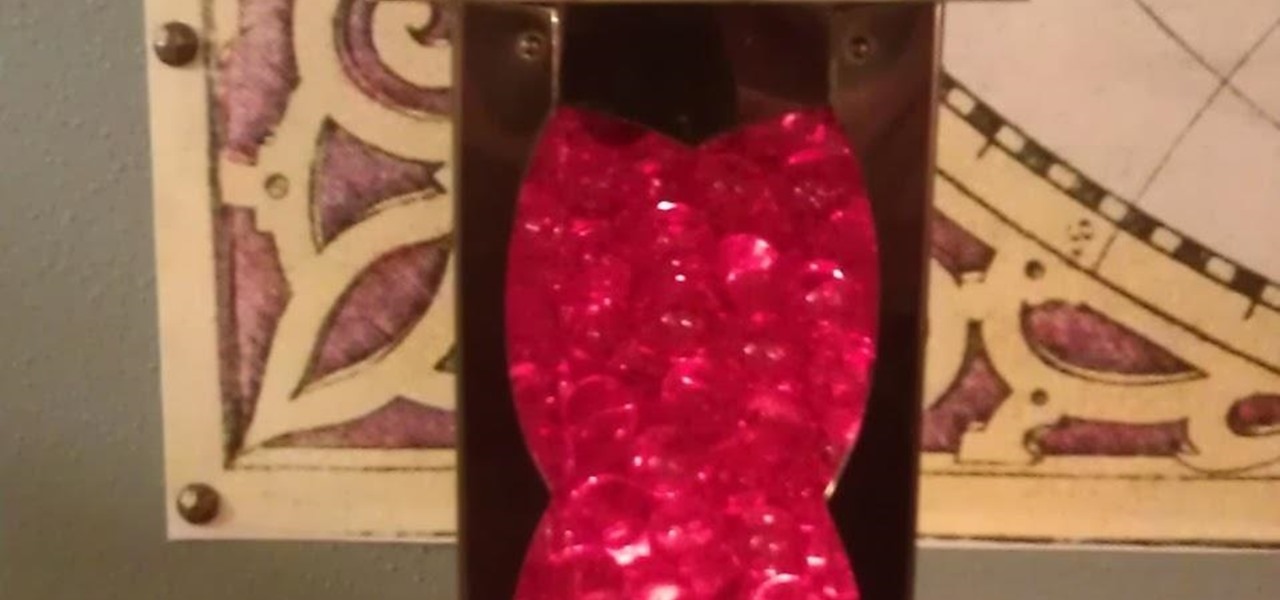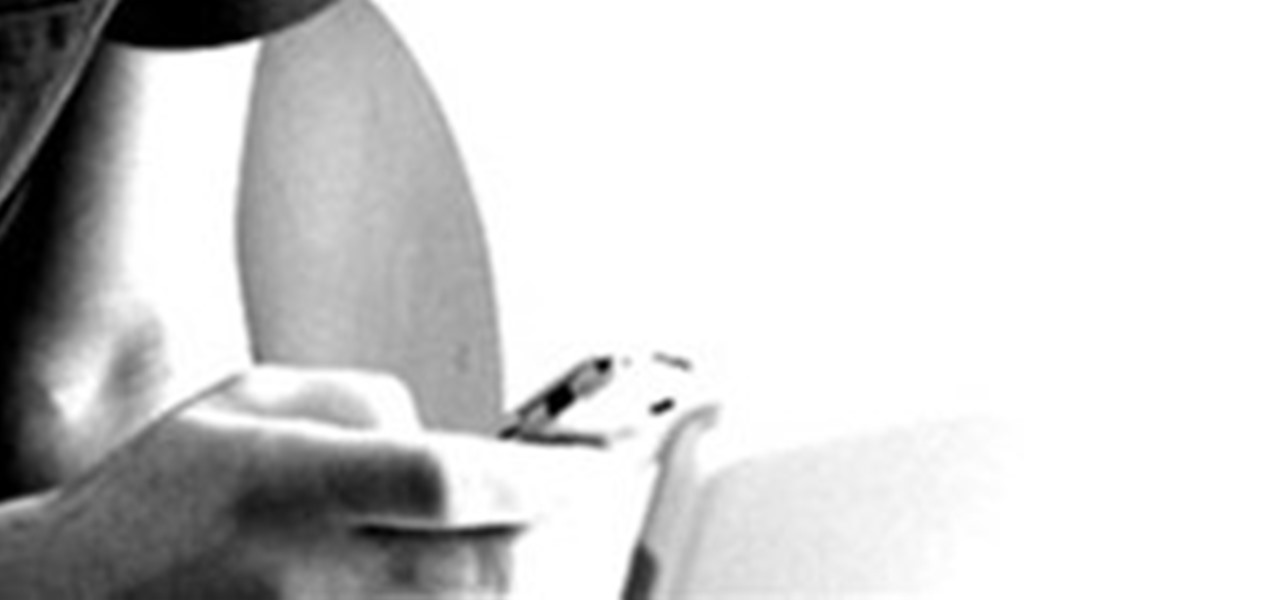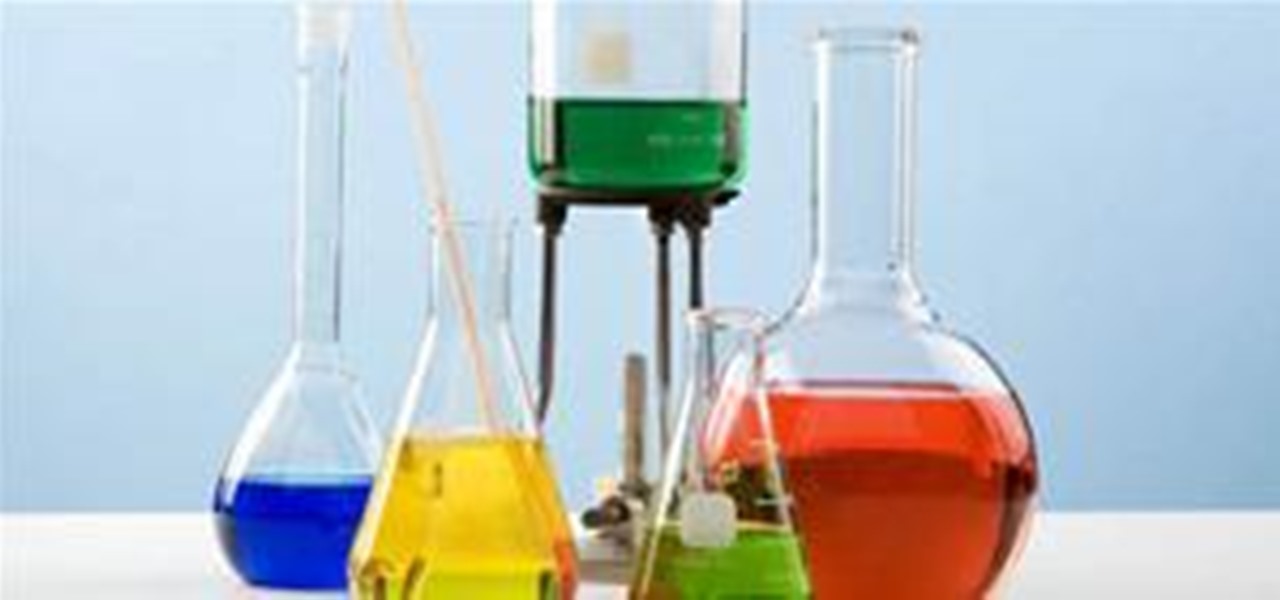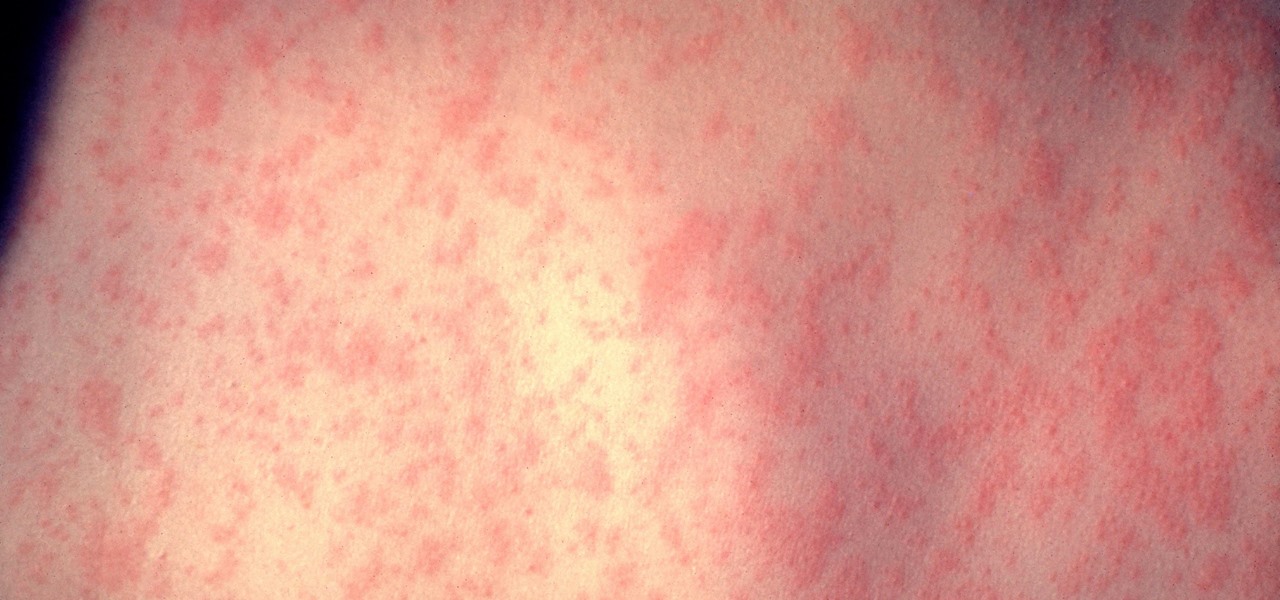
In the worst measles outbreak in the state since 1990, the Minneapolis Department of Heath races to contain the spread of an infection believed to have originated from an infected traveler. Mistaken attitudes and unvaccinated travelers are creating a world of hurt and disease for Americans. A recent study found that more than half of eligible travelers from the US are electing to skip their pre-trip measles vaccine.

It's about time people acknowledged that judging drug users would do nothing productive to help them. In the US this week, two new programs are launching that should help addicts be a little safer: Walgreens Healthcare Clinic will begin offering to test for HIV and hepatitis C next week, and Las Vegas is set to introduce clean syringe vending machines to stop infections from dirty needles.
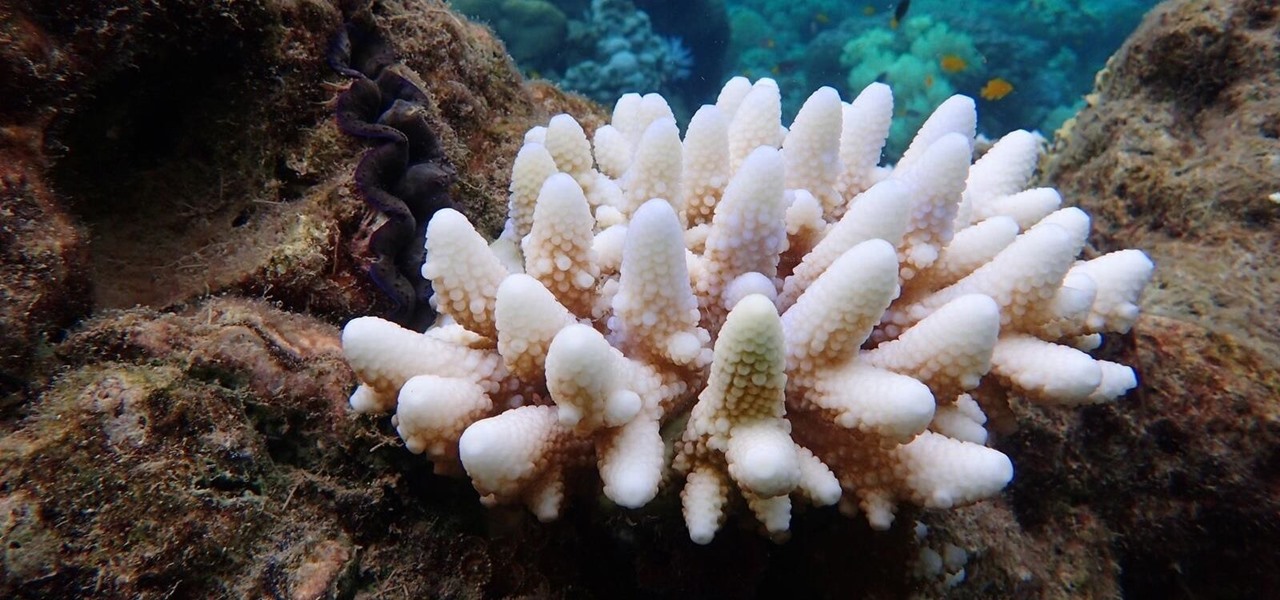
The Great Barrier Reef in Australia is the largest living system on the planet. Yet more than 90% of the reef is bleaching because of the loss of a tiny algae that lives within the coral.
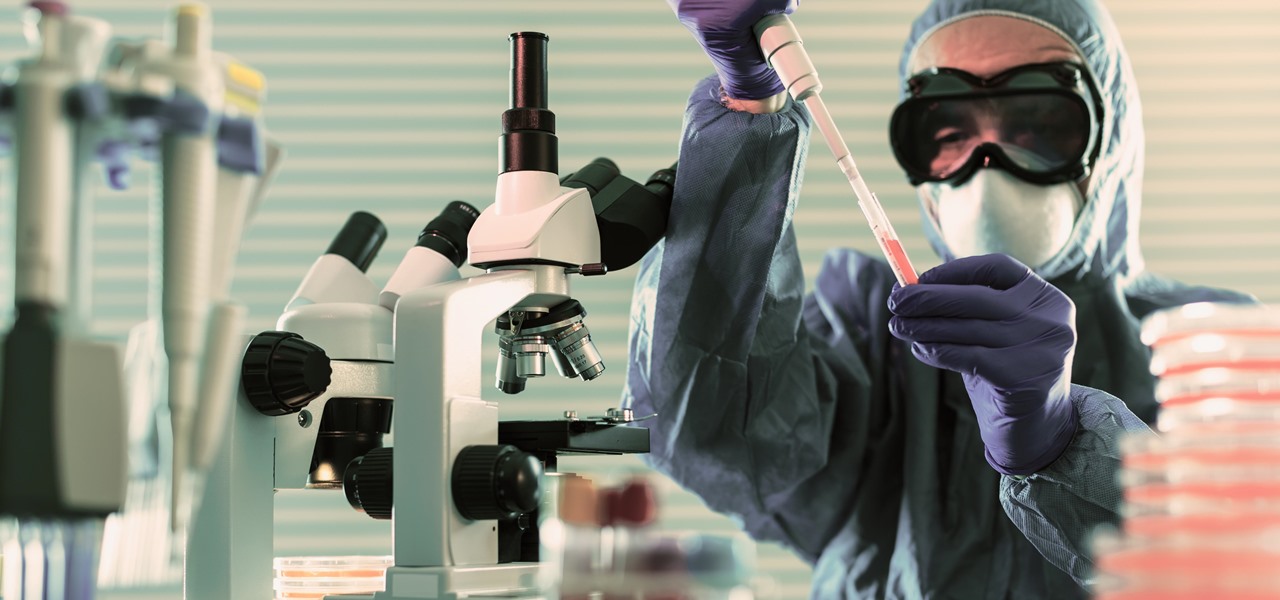
Responding to the rapid emergence of dangerous pathogens around the world, a new initiative to prevent or contain pandemics was announced in Davos, Switzerland, yesterday. If you ever worried that a highly contagious pathogen could take down your community, or the country, this news is for you.
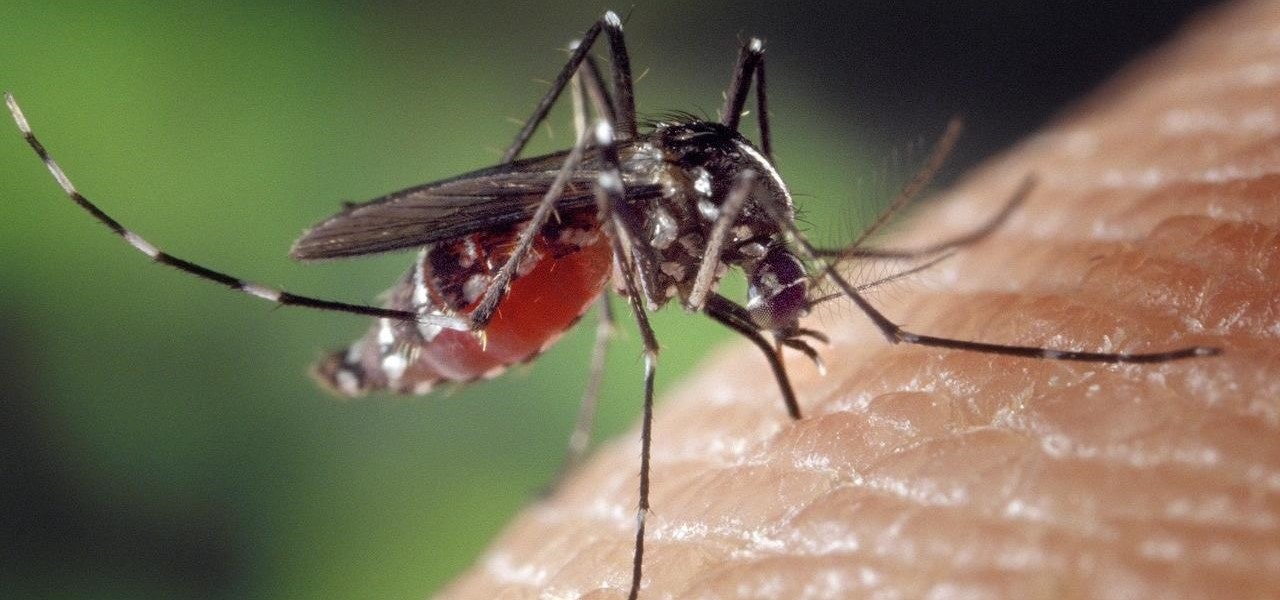
Using mathematical modeling, researchers suggest weather and warming created the "perfect storm" that drove the Zika outbreak in 2016.
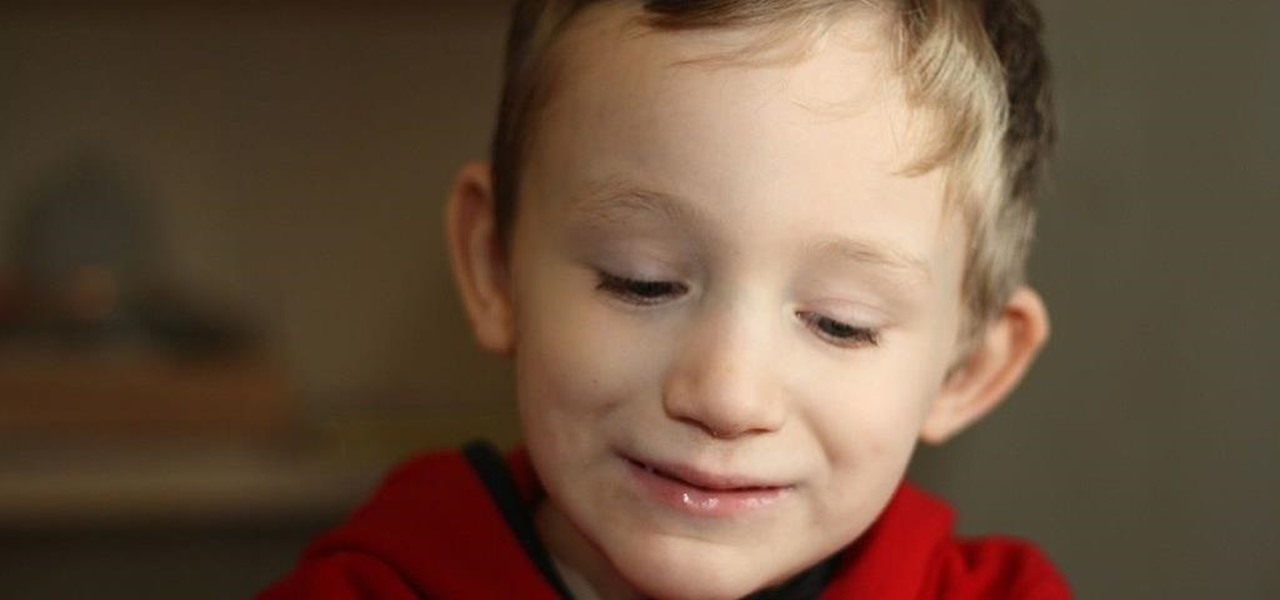
Autism affects 1 in 68 children in the US, and that means it affects at least 1 in every 68 families. More boys than girls are diagnosed as being on the autism spectrum, and it's estimated that almost 60,000 12-year-olds in the US have autism. That is a 37-fold increase from the 1 in 2,500 children diagnosed just 30 years ago.

Thought I would cross-post a piece I did a while ago.

Writers room is great for the new young writer who is just looking for some good feedback and guidance. Go to the BBC writers room. They can read your scripts and pieces for you to help you out and give you good feedback. Take a look.

MAKE Magazine recently opened the Make: Science Room, a "DIY science classroom, virtual laboratory, and a place to share your projects, hacks, and laboratory tips with other amateur scientists."








